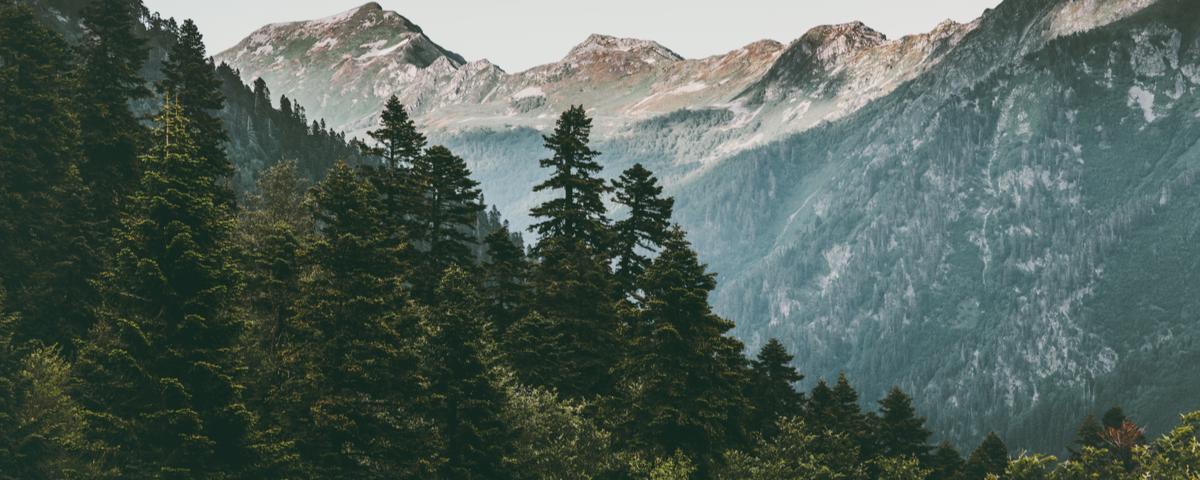Collaboration is essential
We can’t keep reinventing the wheel, operating in silos, or treating efforts to act more sustainably as a marketing differentiator. We’re all in this together, and we either all succeed, or we all fail.
Opportunity is now
I have hardly left my house, let alone my village, since February. I haven’t left the department since then. I have met no one face to face. But – like so many people I know – I have spent endless hours on video calls. And at the heart of so much of these has been a genuine desire of so many people to work together to face the many crises that confront us.
Live is better
I miss hugging my friends and family. I miss busy dancefloors and passionate crowds of spectators. I miss bumping into people at the back of sessions at trade conferences. So, while the virtual world I have inhabited has created remarkable opportunities to connect; there is very little spontaneity, randomness or depth. We will be together again.
Local is where it happens
For most of us, local has been all we have had for some time now. But this time of looking inward has enabled me to really appreciate what’s near. Pathways I never thought to take. Shopkeepers who I have connected with beyond the transactional. Neighbours who share more than a fence.
Aviation can change
Norwegian committed to producing 45% less CO2 by 2030. United said it would be climate neutral without the use of offsets by 2050. Sustainable Aviation Fuels that are available now can reduce emissions by around 80%. We’ve a long way to go, but it’s a start.
Biodiversity is key
The COVID crisis has made many more people aware of how reliant and connected we are to the natural world. We’re part of it, after all, however much we act otherwise. Cooped up in our homes, for many of us it has been nature that we missed most, and whose restorative effect we sought out and appreciated when we had the chance. As tourism looks to find its place in whatever world comes next, our role connecting people to nature, financing its protection, and providing sustainable jobs for those communities most reliant on it, has to be where we look.
Overtourism is not over
…It’s just having a bit of a rest. British beaches were crammed full in the summer. Chinese attractions were full of crowds. Scottish parks despoiled by ‘dirty campers’. People have wondered if this crisis has magically ‘fixed’ overtourism. I doubt it, and suspect that before too long we’ll be trying to work out how to tackle it once more, but this time with local people even less eager to see their communities overcrowded by strangers.
Regenerative Tourism is coming
Ecotourism has gone through a lot of rebrands, each one trying to address the gaps in the previous model. Regenerative Tourism is the phrase of the moment, and as prone to being commodified, diluted, appropriated and misused as all the others. But it also captures a moment in time, a world in need of regeneration, people more aware of their connection to the natural world, and a growing awareness that being ‘not-as-bad-as-the-others’ is not enough.
Adaptation will be necessary
This year tourism shut down. But it also reinvented itself. It went virtual. Converted hotels into hospitals. Turned DMOs into local support networks. We’re going to need even more of this ingenuity in the years to come.
The Climate Emergency is next
It would be comforting for many people to think that once we get through COVID, tourism could return to what it once was. But with every year that passes, the climate emergency gets worse. We’ve seen wildfires across Brazil, Siberia, the US and Australia. We used up an alphabet on Hurricanes and had to go Greek to finish the year. As I write, Fiji is being ravaged by Cyclone Yasa. Planning for the tourism that comes next means planning for tourism that addresses the Climate Emergency.
Everything connects
We won’t be able to do this without tackling a host of other issues at the same time. Climate change’s impacts disproportionately affect those living with disabilities. Racial injustices mean climate change is a greater threat for black people and other communities of colour. Women are both more affected by the climate emergency and more likely to lead the solutions.
We have to join all the dots. And see this, not just as our responsibility, but the biggest opportunity there is.
After all, the more birds there are, the happier we become.
Let’s bring the birdsong back.

